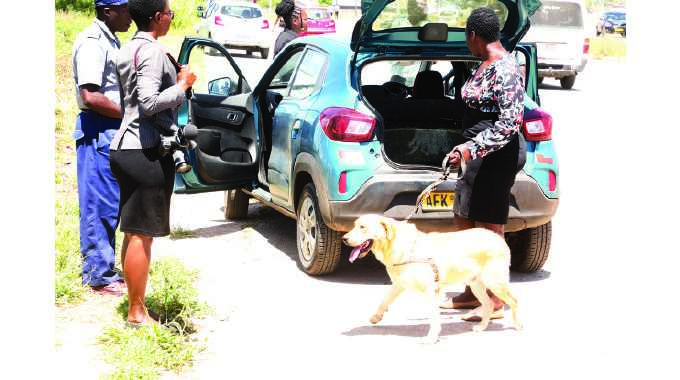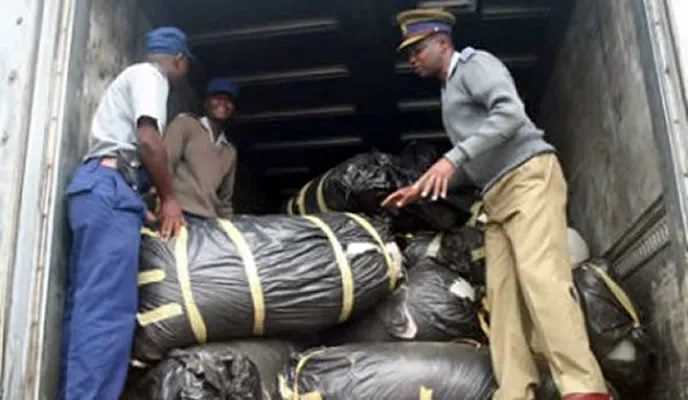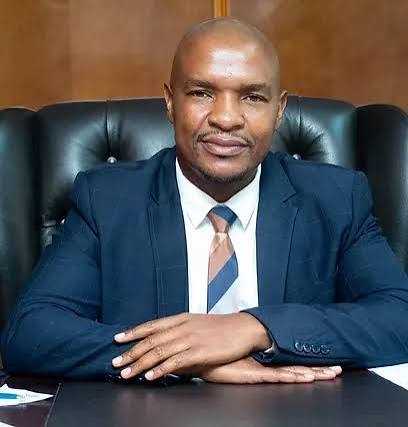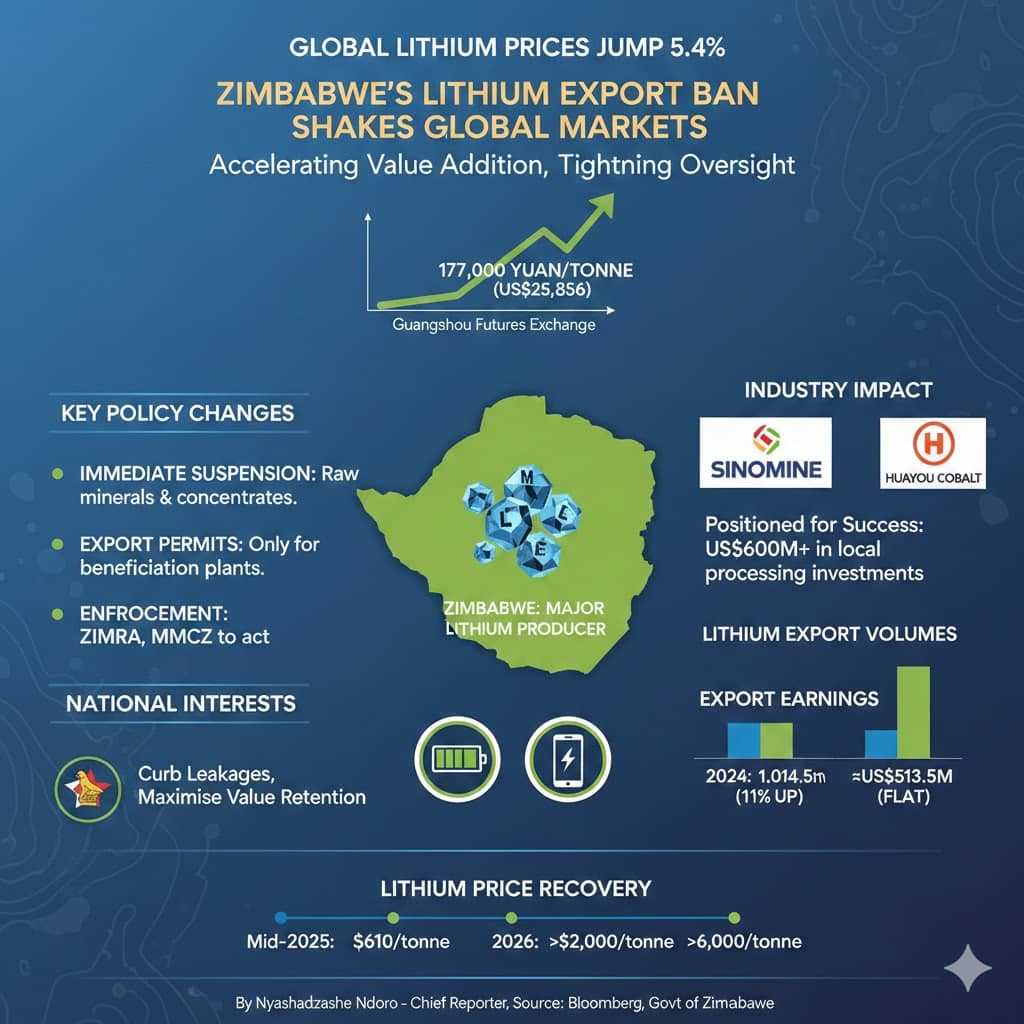Philemon Jambaya
“I have a family that needs looking after and at the moment this is the only viable employment that I have,” said a dealer who called himself Boss Bosso who operates from a downtown bar in Harare CBD.

Boss Bosso says he has three children in school and he also looks after his parents whose pensions lost all value in the dollarization era.
He says he used to be street forex dealer but left that because it is so volatile and drugs are a more secure trade.
“The forex deals are too hectic. One day you wake up and the official rate and the black market have merged so you have no business. Another day the rate is much higher than what you bought at yesterday so you have made a big loss.
“But with drugs you know that if you have stock for $5000, it will maintain its value. So it is a much more sure way to survive.”
Boss Bosso is one of the real drug lords that seem to have escaped the police drag net launched in January this year which has netted over 7000 culprits so far.
This has led to the public perception that police operations are not catching the real drug lords who move hard drugs in the country’s leafy suburbs such as those north of Samora Machel Avenue in Harare.
“These operations are not getting the real criminals. You think you will catch the real cocaine users in Dzivaresekwa, Mbare, Kuwadzana Budiriro and Zengeza in Chitungwiza among other places? The real lords are in affluent suburbs such as Borrowdale, Chisipite, The Grange etc. Very few people can afford these hard drugs in the ghetto which explains why the police have been getting stuff like mutoriro and mbanje in these places,” said Cliff, a vendor along Inez Terrace between Nelson Mandela and Jason Moyo Avenues in Harare.
Some of the drug dealers who spoke to Zim Now said that they pay off police officers to look the other way and to warn them when an operation is being effected in the area.
“Sometimes you have some undercover police officers coming in and those are the dangerous ones. So our friendly cops will tell us to be careful on such days,” said one dealer in Mbare.
“This is very dodgy. In fact, it is scandalous that those who should be the custodians of the law could potentially be working in cahoots with criminals,” one parent alleged.
Some drug dealers who spoke to Zim Now confirmed that they work as a cartel and some of the cartel members are within the force.
“When dealing with drugs we are not just on our own, sometimes we work with members of the police especially when we are smuggling drugs in the country, we are a syndicate.
“When we are selling in our ghetto we should make sure that we work with members from the drugs section which will make our dealings much easier,” he added
Related Stories
“I have been arrested several times, but they released me. I eventually became friends with them, they always pass by getting money for drinks. They tip me off
The ZRP has said that it will not hesitate to clean up on drugs even if it means arresting its own members.
“The police will make sure that the law takes its course. We would want to assure the public that no one is above the law especially in dealing or supplying drugs,” said police spokesperson Ass Com Paul Nyathi in a statement when the issue of cops and powerful citizens being immune was raised in 2022.

Since the anti-drug campaign launched in January 2023, several police officers have been arrested and appeared in courts.
In February a police officer was arrested in Sunningdale while distributing drugs from a vehicle.
Constable Elda Pinduko of Mutare Traffic was arrested in April after she turned up at trap set with a man in police custody. She was found in possession of 100 grammes of dagga. The man had been arrested over for unlawful entry when the police officer called him and arranged to supply him with drugs.
A CID police officer who spoke to Zim Now anonymously said that the corruption of police officers in drugs and other high value crimes is not unique to Zimbabwe and this should not be used to deny the effort that the police are making and the effects.
“It is the same the world over. Drug lords and other serious criminal have a lot of money. They can make very tempting offers. So go to Mozambique, South Africa, US, India, UK, Sweden, China, anywhere in the world, you are always going to find corrupt police officers.
“But the public should continue to provide the police with information so that it becomes difficult for the drug dealers, including corrupt police officers to continue to ply their trade openly.
The detective said the problem that they face is that sometimes the public just has perceptions and there are no useful leads that can be followed to prove the allegations.
“You hear that Person X (named female social media celebrity) and Person Y (named entrepreneur whose service company has been blacklisted for looting from government) are the drug kingpins. But there is no connection that we can find to link them to dealers that we are arresting.
“We cannot arrest a person just based on rumors. We only use that to start our investigations until we have reasonable evidence that the person is indeed a criminal. That is what we will give to the prosecutor to use in court.
“So the public should have reasonable expectation of who is likely to be arrested. If they know exactly how this so called big fish are linked to the drug distribution, they must tip us off and see if we don’t arrest them and they will appear in court just like all the other dealers,” the detective said.
Zimbabwe Anti Corruption Commission officers have been roped in to work with the police. Some of the arrested dealers and used were caught is such operations.
“Arrests are ongoing and we appeal to the public to continue assisting us with information leading to the arrest of drug abusers and suppliers of these dangerous drugs,” national police spokesperson, Assistant Commissioner Paul Nyathi said in a statement.
This article was produced with support from the Voluntary Media Council of Zimbabwe (VMCZ) Investigative Journalism fund on transnational crimes



















Leave Comments